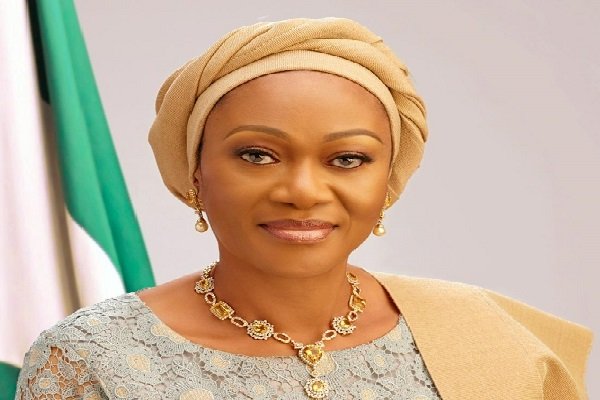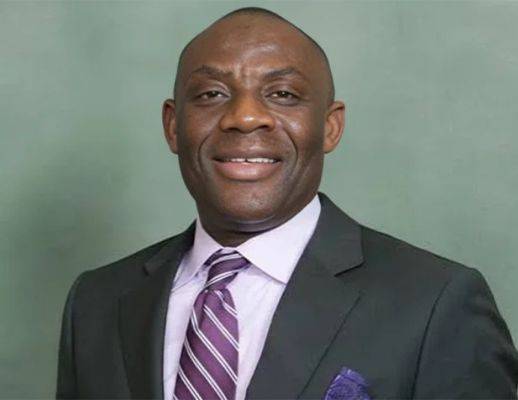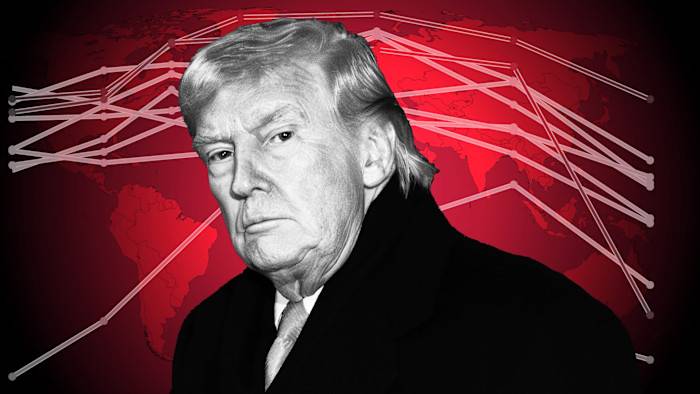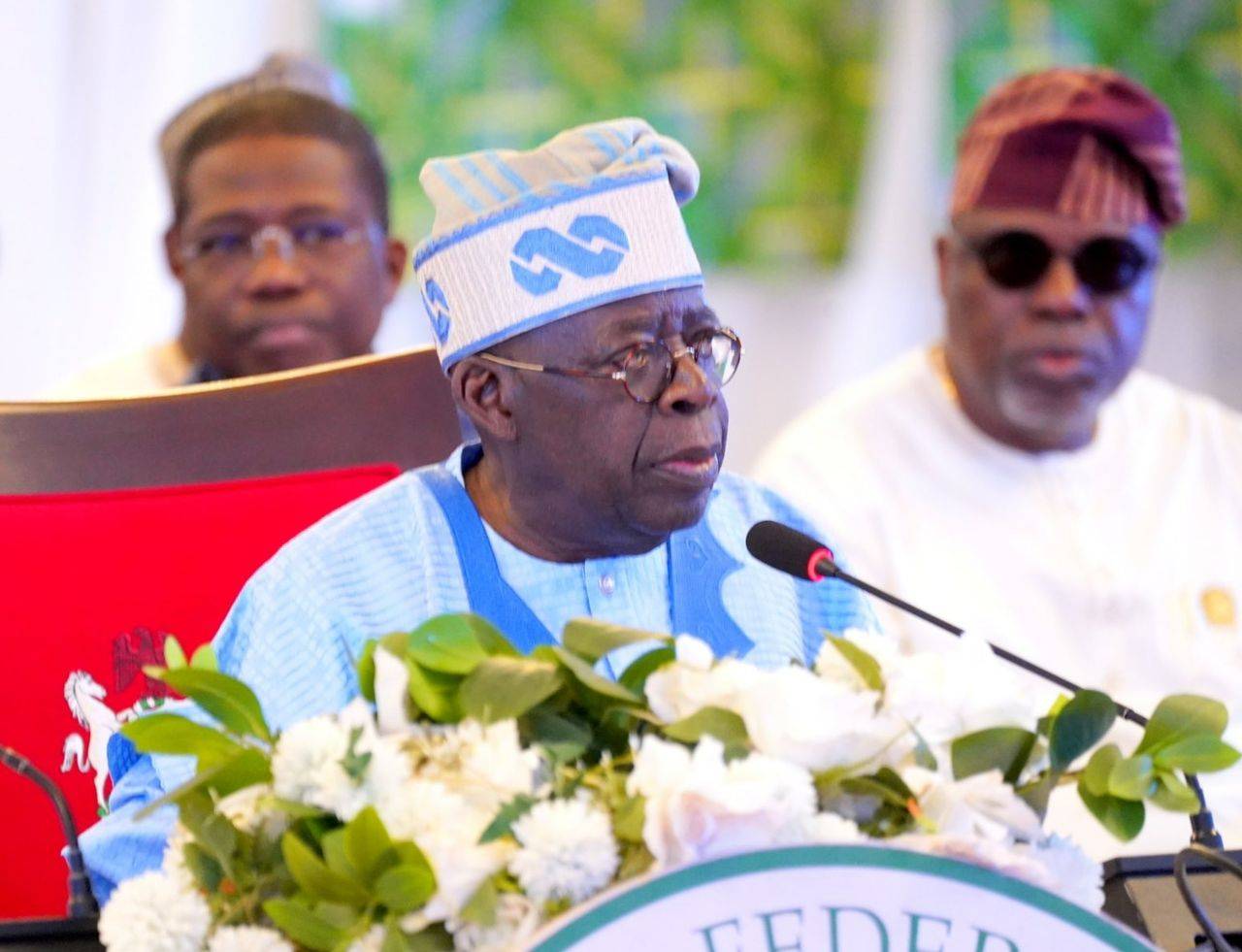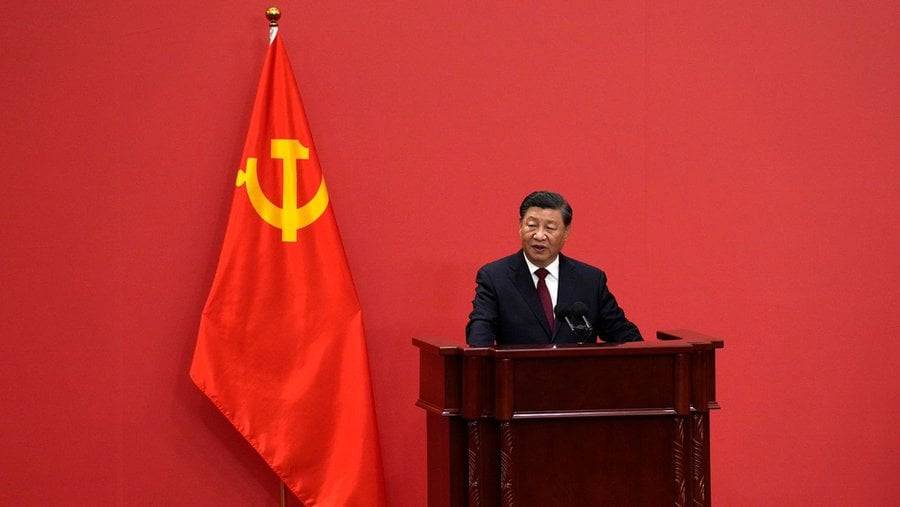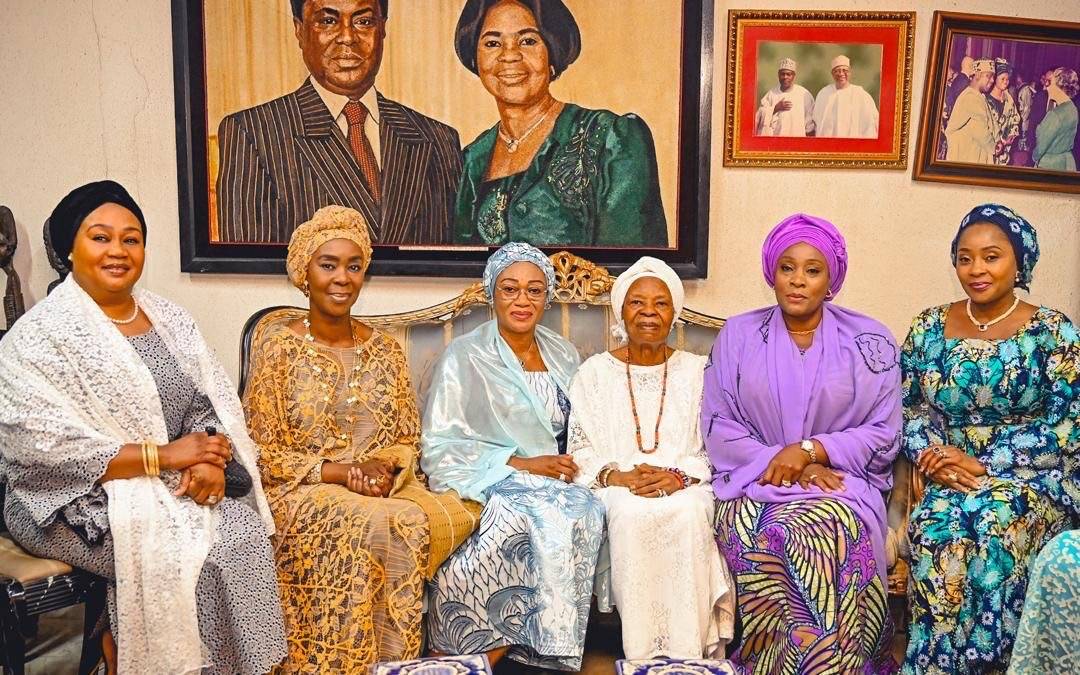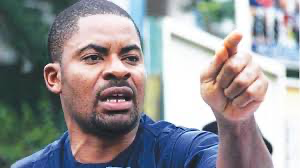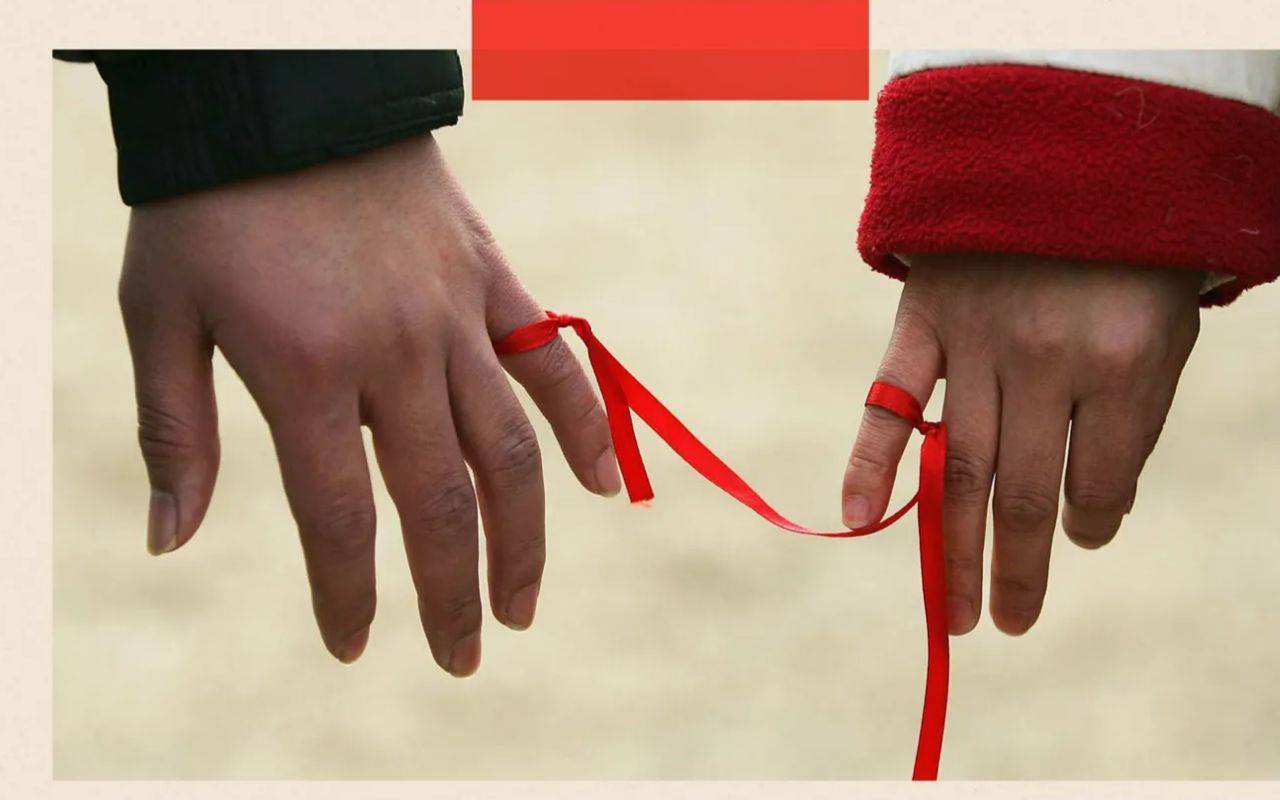By Tunji Adegboyega
For Mrs Oluremi Tinubu, the saying that behind every great man there’s a great woman strictly adheres. It takes an exceptional woman to be married to a man like Asiwaju Bola Ahmed Tinubu who can never be deterred from pursuing any goal that he sets his mind on. Considering the man’s audacity, many women would have ‘chickened out’ or done everything within their powers to stop such husband from pursuing especially the kind of political ambition Tinubu has been involved in, especially during the years of the locust that military rule represented for Nigeria.
Is it the hide-and-seek game with security agents in the course of the struggle to return the military to their barracks that we want to talk about? Or life in exile where he fled to alongside other patriots when the heat was too much at home? Or even the many struggles that he has had to wage on the political terrain before he became Governor of Lagos State? The many back-stabbings by hitherto close associates and friends on the bumpy road to the presidency? As the Late Fela Anikulapo-Kuti sang: “how many, how many, how many we go count? Many, many.”
It is no mean task for ordinary mortals to surmount these seemingly insurmountable difficulties. And the role or place of a supportive spouse cannot be discountenanced in all of these.
As Tinubu was busy building bridges and extending handshakes across the Niger, the wife too was doing same across the country, especially with the womenfolk. Her main vehicles being her pet projects that spread across the country, with charity beginning of course from home, Lagos.
As First Lady in Lagos State (1999-2007), she initiated, through her New Era Foundation, the Spelling Bee Competition for secondary school children in the state. The winner was then made One Day Governor of the state, and children who are not Lagosians had won this competition and occupied this seat at one point or the other. As a matter of fact, the winners of the maiden edition and the second — Master Ebuka Anisiobi, Maryland Comprehensive High School, Maryland, Lagos, (2001), and Miss Otiti Ovuewhorie of Lagos Model College Badore (2002) — were not Lagosians.
Many of those who became One Day Governor then as youths have now become men and women, and as I learnt, they still find time to come together to share their thoughts. There are some experiences that remain evergreen in the minds of children. There is therefore no doubt that such people would not forget their experiences for the one day they acted as governor, with many of them telling Lagosians their plans and vision for the state. They would for a long time continue to remember the platform that conferred the privileges they enjoyed as winners of the competition and the person behind it. Many of them would have been in the vanguard of flying Tinubu’s flag in his political odyssey.
Of course, Mrs Tinubu in her capacity as senator representing Lagos Central Senatorial District at the National Assembly from 2011 to 2023 also had some compassionate interventions in the lives of many Nigerians.
And, since becoming the country’s first lady, she had also initiated some laudable projects to empower the womenfolk. In keeping with its mandate of empowering Nigerian women with enabling skills, her arm of the Renewed Hope Initiative (RHI) graduated the first set of beneficiaries of its Women ICT Training and Empowerment Programme last year.
About 35 women drawn from across the FCT participated in the programme and were, upon graduation in August, presented with a brand new laptop and N100,000 intervention grant each.
Also, in September, last year, the initiative distributed N500 million relief packages to about 500 families affected by communal conflict in six local government areas of Plateau State. There are others too numerous to name.
So, what she is doing currently as the country’s First Lady is not new to her. She is walking on a familiar terrain, with the experiences she had gathered along the line, that are expected to be brought to bear on her present elevated assignment.
Advertisement
I am talking about her agricultural support programme for women farmers under the larger umbrella of her husband’s RHI, in several parts of the country. My initial take was to see it as one of those projects, but it became a topical issue worthy of attention on this page when I saw that the project was not just taking place in a state but in several states in virtually all the geopolitical regions of the country simultaneously, except the south-south zone. It was launched last week.
At this point, it became for me like the proverbial elephant that only the mischievous would pretend not to have seen and so would say ‘it seems something just walked pass’! An elephant is beyond ‘it seems’; when we see one, we should acknowledge it. I mean a project the magnitude of that undertaken by the wife of the President is worthy of attention and mention. Here, one is not talking about the quantum of resources but more in terms of the effects it would have on food security if faithfully implemented.
Speaking during the flag-off of the initiative on Tuesday in Jos, the Plateau State capital, the First Lady said the programme was currently ongoing in other regions in the country. Represented by Salamatu Gbajabiamila, wife of the chief of staff to the president, Mrs Tinubu said the south-south was the only region where the project was yet to be launched.
Twenty women in each of the north-central states of Niger, Nasarawa, Plateau, Kwara and Kogi would share N10 million; that is N500,000 apiece. The aim is to boost food security as well as empower women in agriculture, hence the beneficiaries were mainly women involved in animal husbandry, poultry and fish farming. Only about 25 per cent of beneficiaries of the empowerment are men.
“Today, we are flagging off the Renewed Hope Initiative Agricultural Support Programme for the North-Central Zone, in fulfilment of our promise to continue to promote the womenfolk, particularly farmers across the nation”, the First Lady was quoted as saying.
She added: “Therefore, RHI’s commitment to supporting women farmers nationwide aligns with the broader national agenda to strengthen the agricultural sector.”
Mrs Tinubu urged “all stakeholders, including government officials, community leaders, and non-governmental organisations, to work hand in hand to support local farmers to ensure food security in our communities and nation at large.”
Helen Mutfwang, wife of Plateau State governor and the state’s coordinator of RHI, who was represented by Kachallom Gang, commissioner for higher education, noted the challenges that women in agriculture face, including limited access to resources, lack of training and education, and gender-based discrimination. She added however, that “this support will enable the women to reach their full potential and contribute to the growth and development of our agricultural sector.”
This was the situation in all the other states where the launching was taking place simultaneously, with the wives of governors serving as coordinators of the project in their states.
With this particular programme, she is not only lending a helping hand to her husband’s administration, she is also contributing to Nigeria’s efforts to fight hunger in the land. And when hunger is taken out of the poverty question, the problem is partly solved. One needs to eat and be alive to aspire to anything. Women have a lot to contribute to the efforts to feed the nation. Their attention is sorely needed to address the problem of food security in the country. This is why we should applaud Mrs Tinubu’s choice of the vulnerable, yet indispensable segment of the population, for this equally important assistance.
However, for the grants given to bear fruit, and for similar efforts by governments and others to be meaningful, the government must be ready to guarantee security on the farms. The security agencies are trying but they need to redouble their efforts. Peace is sine quanon to any endeavour, farming inclusive.
Moreover, transportation, especially in the hinterlands must be worked on. We do not have to concentrate efforts at constructing roads in urban centres to the detriment of the rural areas where the food we eat comes from. There should be easy access to and especially from the farms. The storage problem too must be addressed. The farmers should not be left to their devices after producing the crops. The best way to encourage them and therefore ensure stability of prices of foodstuffs is to buy off the products from them to cut their loss.
Truth is, women are more dependable when it comes to money matters. One can say with a reasonable degree of confidence that the women that have been given the grants, or the ones still expectant would better utilise the funds than men. Empirical evidence has proven that over and over again. Many men who got such funds (or even loans) in the past spent the money to acquire more wives, among other frivolities. Even if women would be so much in love to want to shower such money on their lover, the tendency to do that would be very low.
International agencies focus more on women empowerment schemes and projects affecting children, women and poverty for understandable reasons.
It is heartwarming that Mrs Tinubu’s agricultural empowerment for women falls under this category and has therefore given it the endorsement of the United Nations (UN) that has expressed its readiness to work with the First Lady through the RHI in addressing challenges confronting the nation, particularly in these critical areas.
Dr. James Emmanuel Kwegyir-Aggrey (1875-1927), a Ghanaian scholar and one of this century’s greatest educators it was who said: “if you educate a man you educate an individual, but if you educate a woman you educate a family (nation)”. This is true even beyond the realm of education, and the reason for this is simple: women are naturally kind-hearted and compassionate. The woman knows that when trouble comes, she and the children are usually the most vulnerable victims. So, she would be willing to do everything to avert that victimhood. Mrs Tinubu’s empowerment scheme has addressed some of the issues encountered by women in agriculture. It must be sustained and monitored for optimum results.
Culled From The Nation


